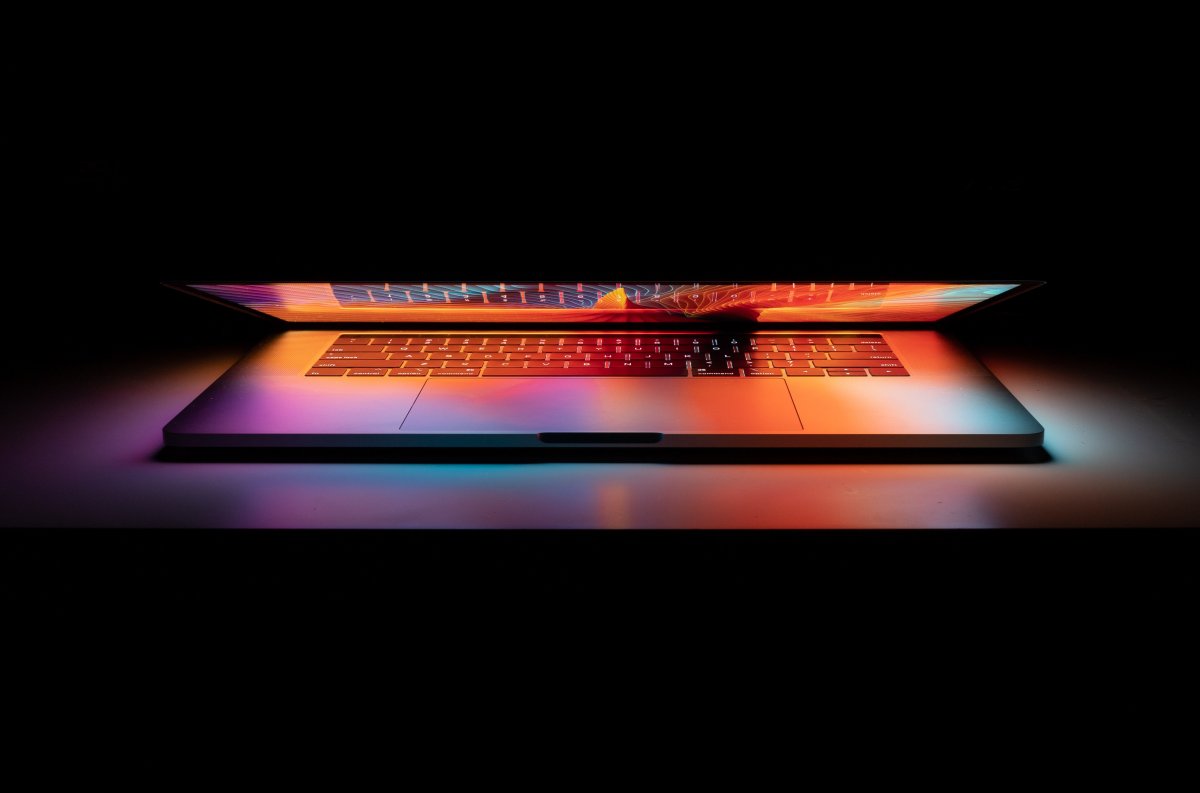Full SSD speed appears to be only available in the new MacBook Pro and Mac minis with M2 (Pro) for an additional charge: an SSD in the new model series’ cheaper base configuration is much slower than expected, early adopters have reported. Not only are SSD transfer rates measured with benchmarks much lower than those of expensive configurations, but they’re also slower than their M1 predecessors with the same storage space.
Half the speed of the new 512GB MacBook Pro
In measurements taken with the Blackmagic Disk Speed Test, the 512GB SSD in the MacBook Pro 14″ and in the Mac mini M2 Pro achieve read and write speeds of around 3000MB/s. For comparison: 2023 MacBook Pro in the Mac & i test With a 2TB SSD, I achieved read and write speeds of 5,000 and 6,000MB/s, respectively, and transfer rates that were almost twice as fast—just like a Mac mini (M2 Pro) with a 1TB SSD. 4TB SSD write speeds over 7000MB/s.
In general, it can be expected that larger SSDs also offer faster transfer rates, but the SSD in the new entry-level models is also noticeably slower than the previous model with the same storage space according to raw measurements. The 14-inch MacBook Pro with M1 Pro (Build Year 2021) achieves read and write speeds of approximately 4,000MB/s and 5,000MB/s respectively on the base model.
The entry-level model of the Mac mini M2 with a 256GB solid-state drive (SSD) achieves read and write speeds of only about 1,500MB/s, so it’s up to 50 percent slower than the previous model M1 with solid-state memory ( SSD) with a capacity of 256 GB. Macrumors Reports.
Apple is reducing NAND modules
A first look at the interiors of the new models suggests Apple is doing a similar thing with the MacBook Air M2 and 13-inch MacBook Air M2, which last year already attracted attention with noticeably slower SSD speeds in the base model, rather than 2x or 4x. Instead of using 128GB NAND chips, Apple now solders 1 x 256GB or 2 x 256GB flash modules to the motherboard. This also reduces usable memory channels and possibly ensures much lower transfer rates. NAND used a single chip unit with a higher density, the manufacturer confirmed last year, which may lead to “differences” in standards, in “real activities”, the new models are “faster”.
Whether and to what extent the lower speeds are noticeable in daily use ultimately depends on the application and workflow. The user cannot replace the SSD in the MacBook Pro and Mac mini later. Apple values higher prices for more storage with purchase: upgrading from 512 GB to 1 TB costs €230.

(lbe)

“Subtly charming coffee scholar. General zombie junkie. Introvert. Alcohol nerd. Travel lover. Twitter specialist. Freelance student.”








More Stories
A mysterious discovery on Mars – NASA team talks about “tire tracks” or “dragon scales”
iX Workshop: Passwordless authentication using passkeys, FIDO, SSO, and more
Self-comparison against LCD and OLED